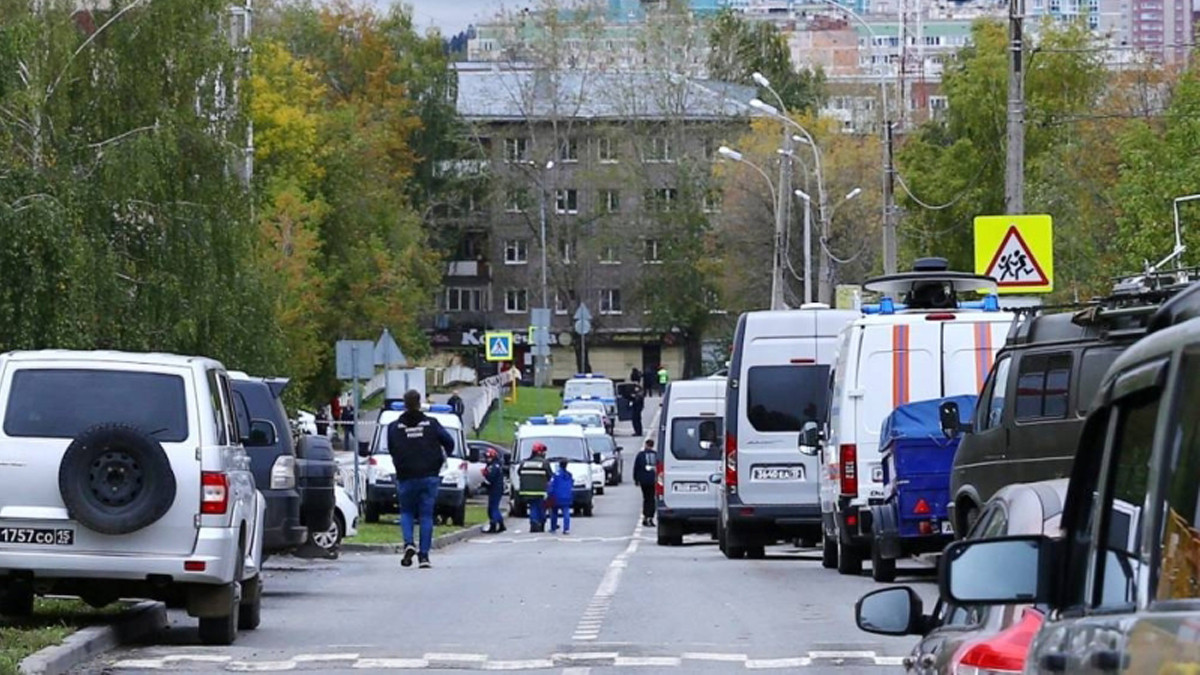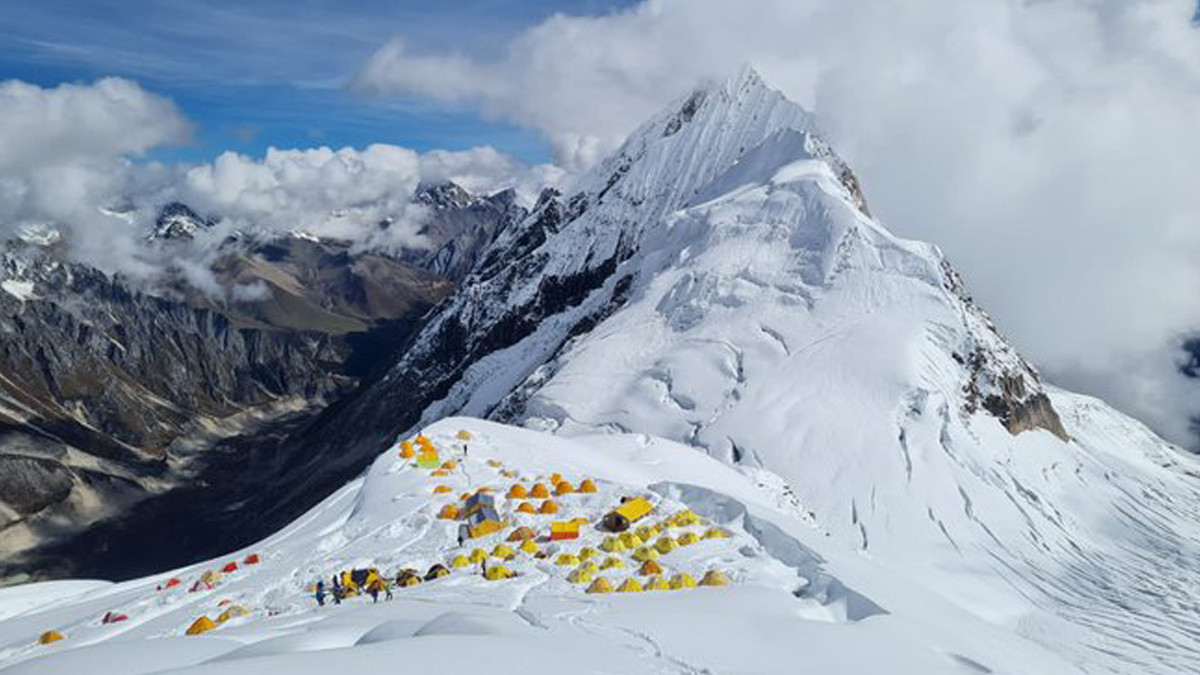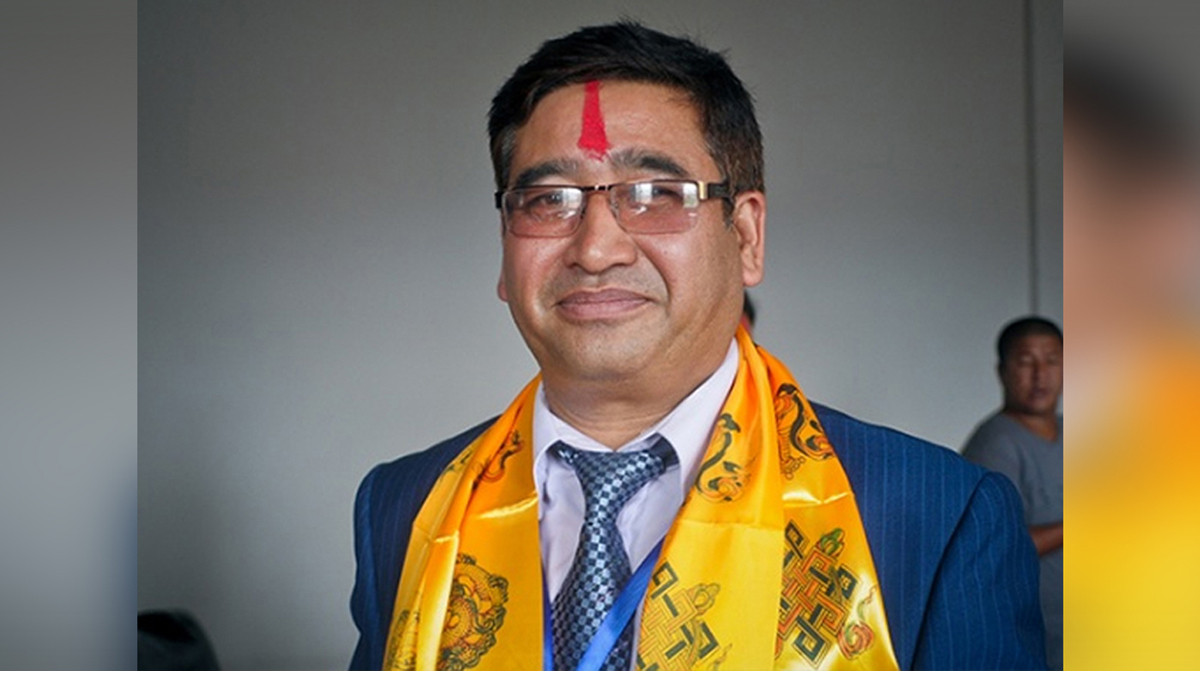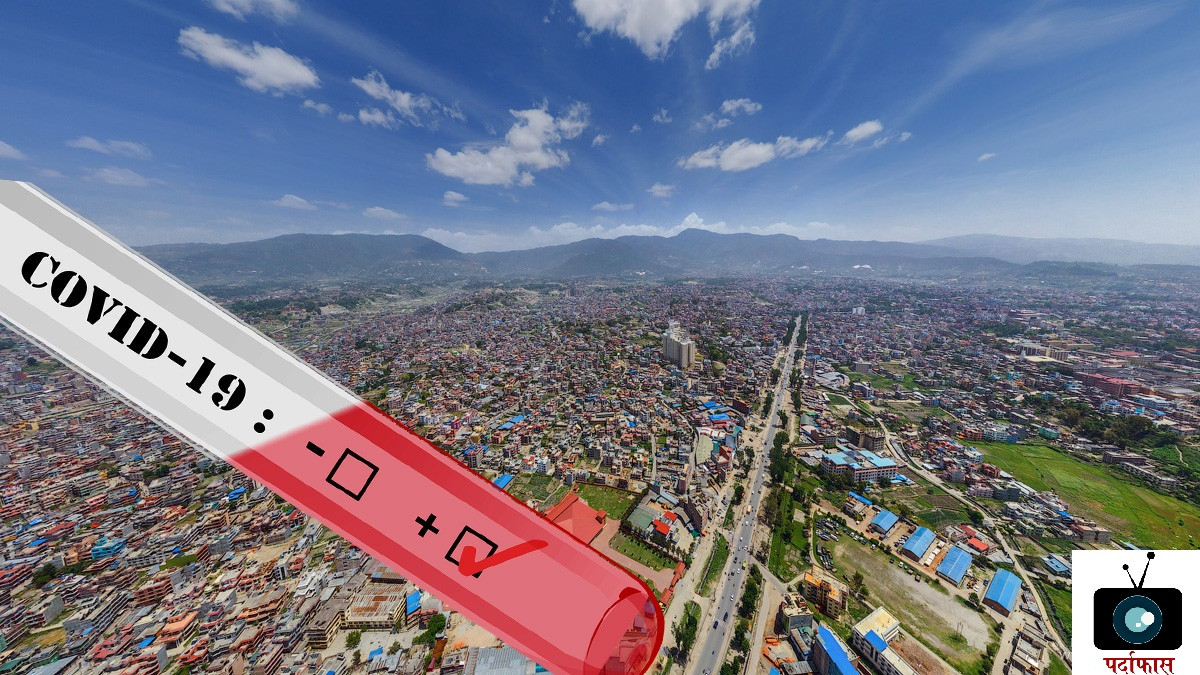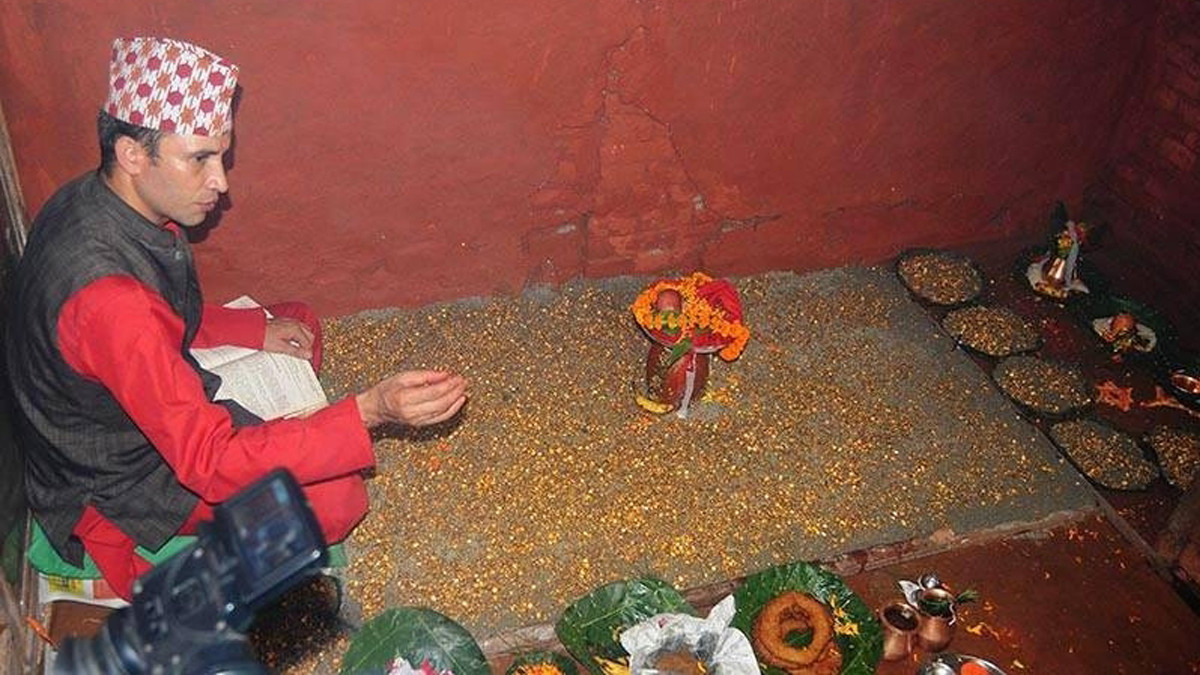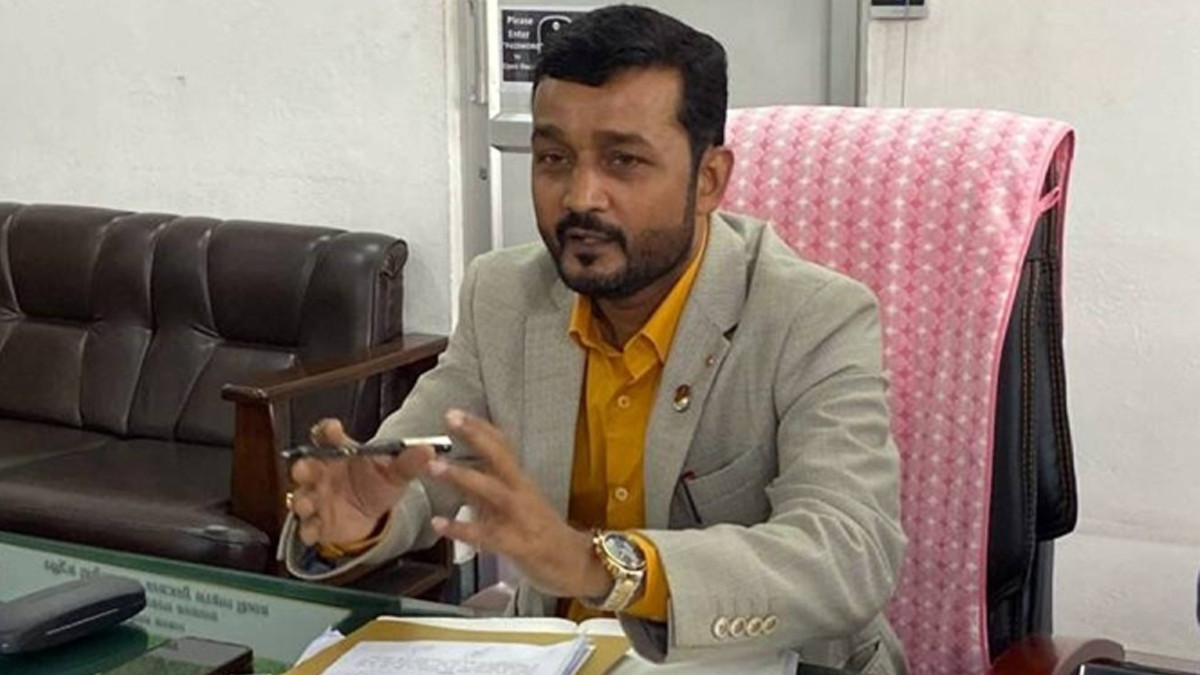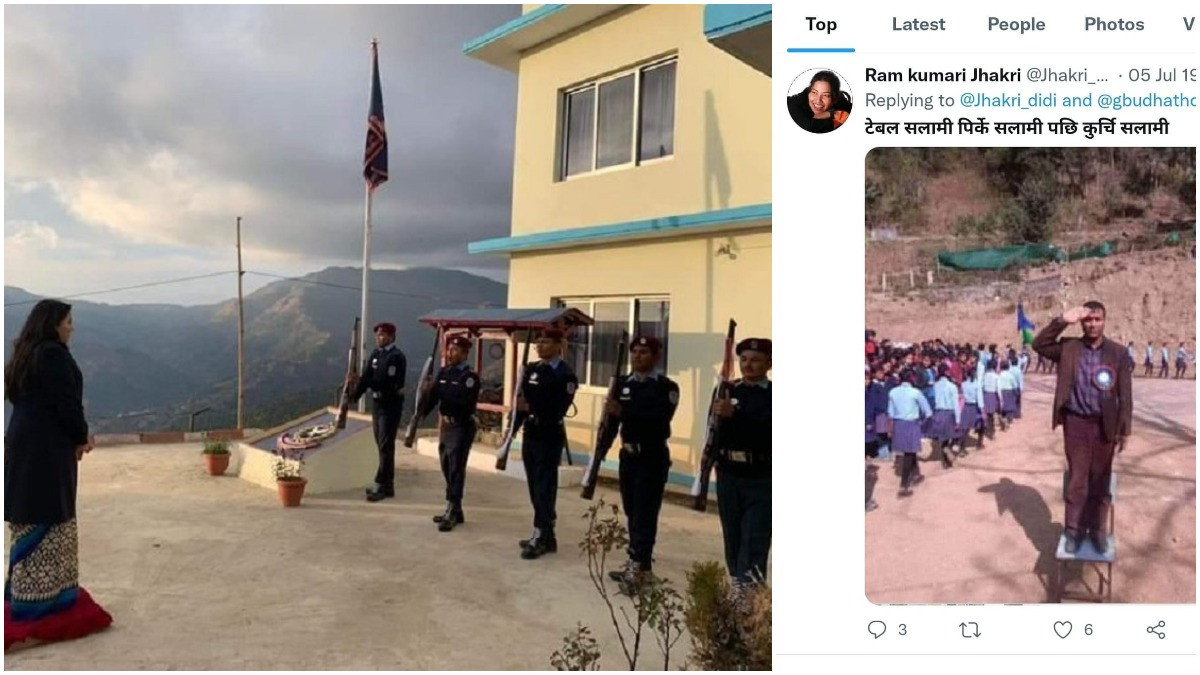
Mikhail Gorbachev, who ended the Cold War and was the last leader of the Soviet Union, died at the age of 91. He was one of the 20th century’s most consequential world leaders.
Gorbachev died on Tuesday after a “long and grave illness.”
Gorbachev came to power in 1985 at the age of 54 — far younger than any of his most recent predecessors.
Gorbachev, who took power in 1985, opened up the Soviet Union to the world and introduced a set of reforms at home.
He ushered in an era of reform in the Soviet Union and played a role in ending the Cold War with the West. Mikhail Gorbachev was awarded the Nobel Peace Prize in 1990 for his role in bringing a peaceful end to the Cold War.
Though in power for less than seven years, Gorbachev unleashed a breathtaking series of changes.
But Gorbachev was not able to prevent the slow collapse of the Soviet Union due to which modern Russia emerged.
Tributes have been paid worldwide, with UN chief António Guterres saying he "changed the course of history". "Mikhail Gorbachev was a one-of-a-kind statesman," UN Secretary-General Mr. Guterres wrote in a Twitter tribute. "The world has lost a towering global leader, committed multilateralist, and tireless advocate for peace".
Russian President Vladimir Putin has expressed deep sympathy for the death of Gorbachev, the last Soviet leader.
US President Joe Biden called him a "rare leader" and praised Gorbachev as a unique politician who had the "imagination to see that a different future was possible" amid the tensions of the Cold War.


